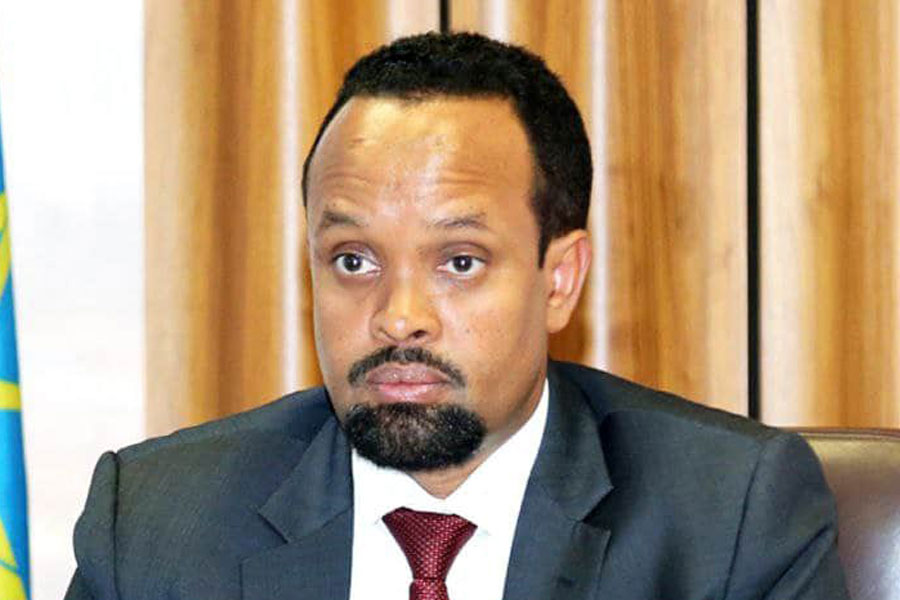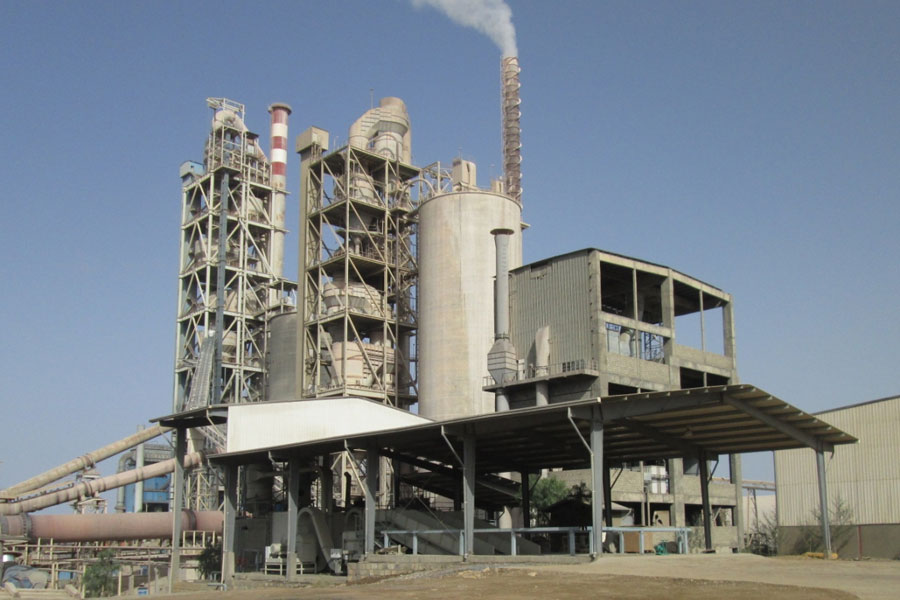
Commentaries | Jan 23,2021
Uniform standards and inspections on imported and locally manufactured agricultural machinery are nearing sight following the agreement to establish agricultural mechanisation centre. The centre is expected to foster a training hub for maintenance.
It rests on three-hectare land around the Kality area with a 14.67 million dollar grant secured from the South Korean government.
The memorandum of understanding (MoU) was signed between the Ministry of Agriculture and the Korean Ministry of Trade, Industry & Energy in February.
Officials hope to enhance the inspection capacity through agricultural technologies that have prevented the Ministry from enforcing over 250 standards.
According to Bereket Forsido, agricultural mechanisation director at the Ministry, increasing production through mechanised farming, quality inspection and capacity building is the primary target sought to be addressed by the centre.
Bereket said they plan to develop a quality testing facility and train 2,000 farmers and 200 technicians and operators; engagements in reverse engineering and research tailored to farming technologies are essential to increase production.
“We’re focused on building technical capacity to produce a surplus,” he told Fortune.
Bereket said operation and maintenance branches at Bure, Gimbichu and Halaba towns over-sighted by the centre, will be launched to ease the burden and make technical assistance more accessible to farmers.
The Ministry plans to use facilities provided by the Ministry of Labour & Skills to train recruited engineers and technicians until the centre becomes operational end of 2026. It is expected to enrol 50 maintenance technicians and 60 engineers to work in the testing, research and design departments.
Substandard technologies and reduced technical capacity are cited as major setbacks for mechanised farming, which covers less than one percent of the arable land area.
Ayenew Lema, technical officer at one of the state-owned farms, believes the technical inspection centres will shield mechanised farms from purchasing substandard machinery and incurring huge financial losses.
According to Ayenew, the absence of technically equipped institutions to compel importers and producers to meet standards led to spending limited foreign currency on substandard machinery.
“This will restrain those who want to capitalise on the technical inadequacy,” he told Fortune. "It’s common to see idle machinery due to technical deficiency."
A study conducted by the Ethiopian Strategy Support Program reveals mechanised farming can significantly reduce labour work. According to the study, wheat farmers in the Southeastern part had 55pc less labour output than other farmers using traditional methods to prepare and plough their land.
Experts observe that despite the availability of a 38.5 million ht arable land area which accounts for 34pc of the total landmass, issues related to incompatibility and quality of agricultural machinery are impeding the sector from producing surplus, attaining food security.
Gemeda Tsegaye, agricultural mechanization expert, believes the initiative to establish such a technical centre is overdue, considering the massive investment in mechanization.
"We can't increase production using a shovel," he said.
PUBLISHED ON
May 13,2023 [ VOL
24 , NO
1202]

Commentaries | Jan 23,2021

Fortune News | Jun 08,2024

Fortune News | Jan 19,2024

Fortune News | Feb 03,2024

Radar | Jan 25,2020

Dec 22 , 2024 . By TIZITA SHEWAFERAW
Charged with transforming colossal state-owned enterprises into modern and competitiv...

Aug 18 , 2024 . By AKSAH ITALO
Although predictable Yonas Zerihun's job in the ride-hailing service is not immune to...

Jul 28 , 2024 . By TIZITA SHEWAFERAW
Unhabitual, perhaps too many, Samuel Gebreyohannes, 38, used to occasionally enjoy a couple of beers at breakfast. However, he recently swit...

Jul 13 , 2024 . By AKSAH ITALO
Investors who rely on tractors, trucks, and field vehicles for commuting, transporting commodities, and f...

Oct 25 , 2025
The regulatory machinery is on overdrive. In only two years, no fewer than 35 new pro...

Oct 18 , 2025
The political establishment, notably the ruling party and its top brass, has become p...

Oct 11 , 2025
Ladislas Farago, a roving Associated Press (AP) correspondent, arrived in Ethiopia in...

Oct 4 , 2025
Eyob Tekalegn (PhD) had been in the Governor's chair for only weeks when, on Septembe...